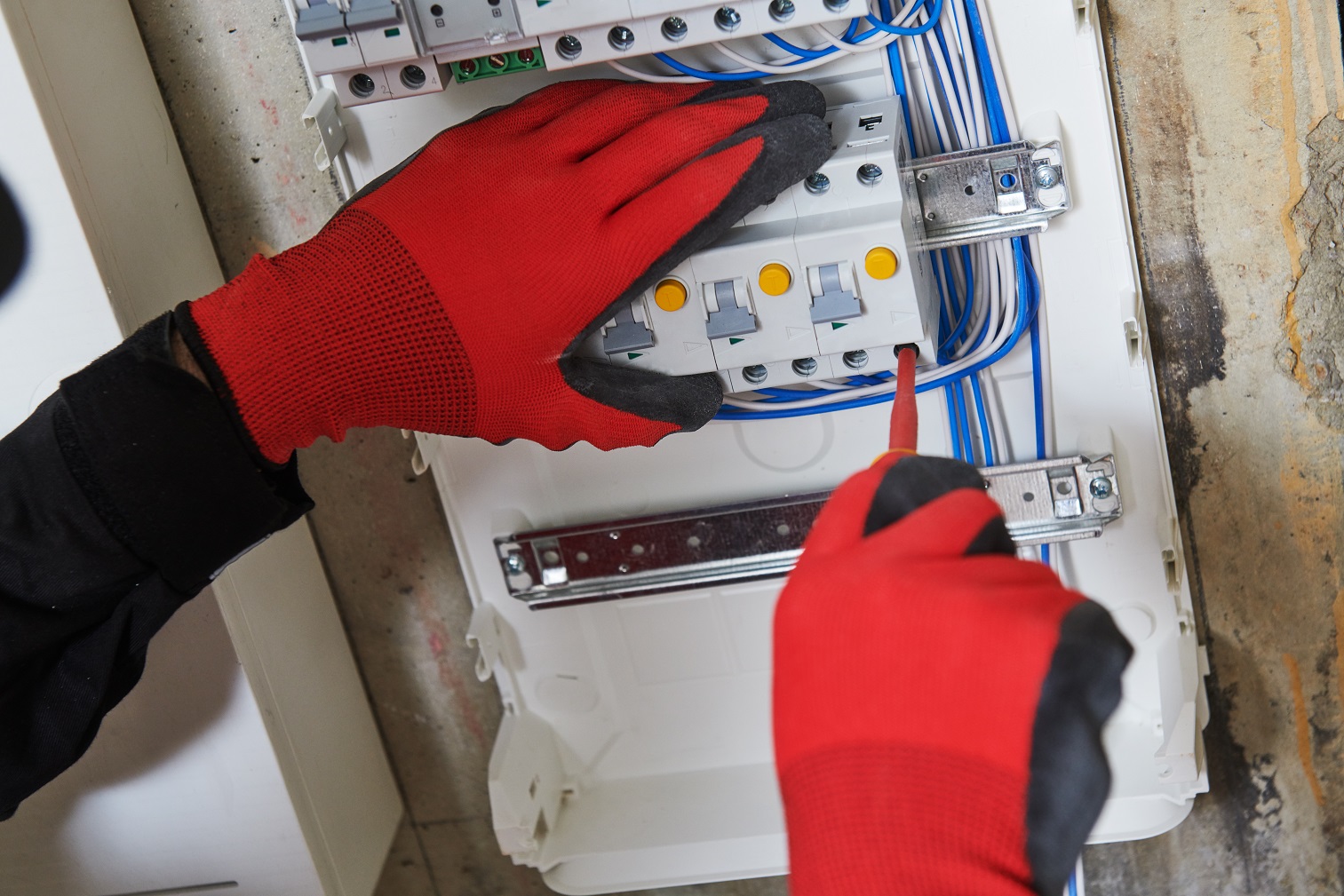
Most marine electrical issues arise from four possible sources: improper maintenance, poor installation, insufficient battery capacity, or ineffective charging systems.
While every boat or commercial marine vessel will have its set of electronics, components, and automation systems, there are several common issues or bad practices that all boat owners should avoid to prevent unnecessary problems aboard their boats. Most issues with marine electrical systems arise from four possible sources: improper maintenance, poor installation, insufficient battery capacity, or ineffective charging systems. Here are some tips for preventing these common electrical issues.
Corroded Terminals
Saltwater and electricity do not mix well and, if left unattended, can cause various issues. The most crucial corrosion issue is battery terminals and cables. Inspect your battery terminals, connections, and major leads at least every three months to prevent corrosion. Use a corrosion inhibitor or replace the component if you have visible corrosion. Lastly, make sure you tighten down your battery cables firmly. There shouldn’t be any slack in the battery cable terminal that connects to your battery.
Alternator Problems
The electronic components in your alternator can quickly burn out if the generated electricity is not channeled to a battery. This could happen if the battery isolator switch is turned off, which should never happen when the engine is running. Like all marine electrical components, alternators become worn and ineffective over time. You will need to do some troubleshooting to determine the source of the problem:
- Batteries not charging: If the batteries are not charging, this could be due to a wiring problem, battery failure, or a faulty regulator or alternator.
- Batteries not holding a charge: This could also be a wiring problem, loose alternator belt, or malfunctioning alternator.
- Batteries overcharging: If your batteries take on too much charge, it could be an issue with the battery or a faulty regulator.
Battery Issues
If you press the starter button and the engine’s solenoid clicks, but the engine doesn’t turn on, the likely problem is with your battery. If the rest of your onboard electrical gear works, you know the battery is okay. Then, one of the batteries likely has a corroded terminal. To fix this problem, disconnect both connectors and clean the terminals with a battery cleaning tool or wire brush. It’s important to do this regularly during the boating season. Leave the battery terminals disconnected and check the engine end of the cables. Remove the hot lead from the starter solenoid and the ground connector from the engine block to clean the terminals thoroughly.
Leaking Gaskets And Seals
Over time, gaskets and seals can become weak and brittle, leading to leaks. To fix this, replace the old gaskets and seals with new ones. Use the correct sealant or gasket material for the specific application. This is a complex repair that is best left to a professional.
Marine Electric Systems, LLC is a Leader In the Maritime Industry
We here at Marine Electric Systems have over 30 years of industry experience. You can trust our team for reliable service and expert craftsmanship in the Maryland, Baltimore, Annapolis, and Baltimore city areas! We’re highly certified and adhere to all ABYC and NMEA regulations. We specialize in top-notch electrical solutions for recreational, commercial, and government boating clients. Anything from electrical refits, to navigation systems, or boating maintenance. To stay up to date on our services, follow us on Facebook, LinkedIn, Pinterest, Instagram, and YouTube. You can also contact us at 410-263-0807.
